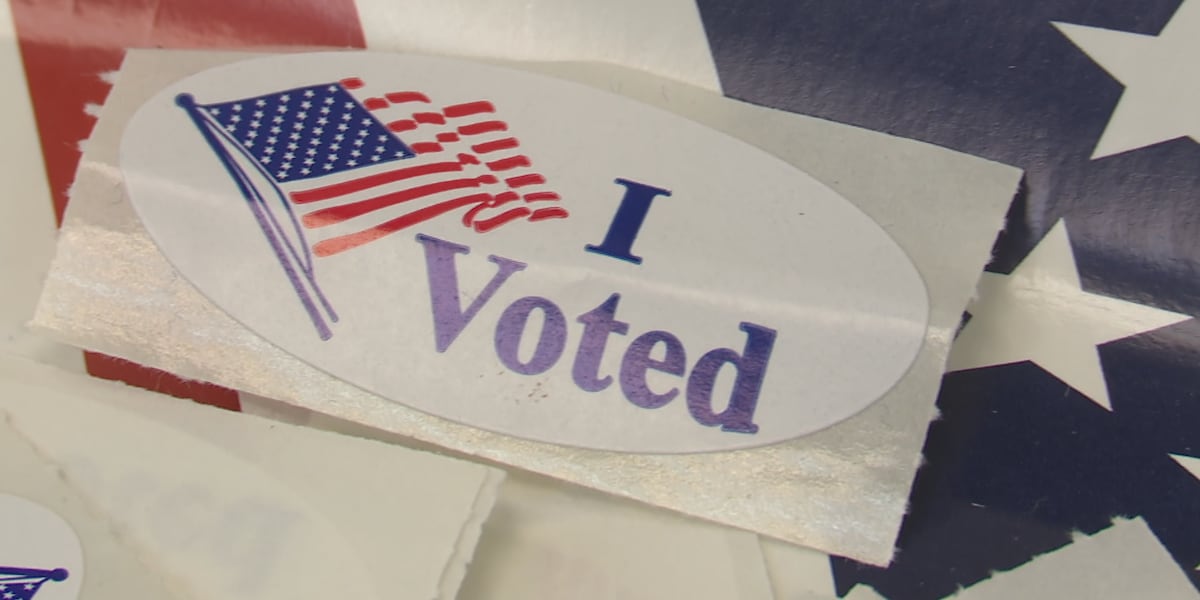Already having stated his desires for U.S. military and commercial ships to get free passage through the Panama Canal, President Donald Trump has expanded his wish list.
The U.S. president said in a post on Truth Social Saturday that U.S. vessels should also get free passage in another major trade artery, Egypt’s Suez Canal.
More from Sourcing Journal
“Those Canals would not exist without the United States of America,” the president claimed. “I’ve asked Secretary of State Marco Rubio to immediately take care of, and memorialize, this situation!”
The Suez Canal connects vessels from the Indian Ocean to the Mediterranean Sea, and was the main passage for ships on the Asia-to-Europe trade lane before the Red Sea crisis began in the wake of the Israel-Hamas war.
Since December 2023, most container ships have avoided the Suez Canal due to ongoing attacks on commercial vessels by Houthi militants in Yemen. Container ships instead have been diverting their routes around southern Africa’s Cape of Good Hope, tacking on one-to-two weeks of transit times to their destination.
Egypt acknowledged in 2024 that its canal revenues had plunged by around 60 percent, a loss of $7 billion, as a result of the mass diversions. The Suez Canal Authority sets the fees for all passing ships.
Multiple Egyptian lawmakers expressed their annoyance with Trump’s comments.
“Egypt will not accept this cheap blackmail,” said Mustafa Bakry, a member of Egypt’s parliament, in a post on X. “There are international rules that must be respected, and there is Egyptian sovereignty that must not be violated.”
Another parliament member, Mahmoud Badr, wrote on his X account that “the Suez Canal was built by Egyptians with their blood and is protected by the Egyptian army.”
Trump did not specify whether his demand applied to U.S.-flagged ships or U.S.-owned ships, but either way, American commercial traffic through the Suez Canal is minimal.
Only one U.S.-flagged vessel has used the Suez route since January 2024, largely due to Houthi-led disruptions, according to MarineTraffic data.
The Panama Canal is a different story, with 157 U.S.-flagged ships having transited the 51-mile waterway over the past 16 months. Tankers accounted for 107 of those crossings. In total, about 32 vessels cross the canal daily.
Following Trump’s social media post, Panama President José Raúl Mulino followed up with one of his own indicating that there is there is no such agreement for free passage under the neutrality agreements put into effect in 1977.
He added that any special cooperation must be established by the Panama Canal Authority (ACP) in compliance with current regulations.
Trump’s eyes have been on the Panama Canal since winning the 2024 presidential election, repeatedly threatening to “take back” the canal over concerns of Chinese influence over the waterway. The U.S. completed construction of the canal in 1914 and administered it for 85 years until officially transferring ownership to Panama on Dec. 31, 1999.
Secretary Rubio has already been at the center of the Panama Canal controversy, having had to walk back previous State Department claims that the Panamanian government agreed to no longer charge fees for U.S. ships. Mulino strongly denied the State Department assertions, leading to Rubio’s retreat.
At the time, the ACP said it would prioritize the transit of U.S. Navy vessels sailing through the canal. According to the authority, the U.S. has paid $25.4 million in transit fees for its military ships over the past 26 years.
Aside from the canal itself, drama continues to surround the $23 billion, 45-port deal that would put ports on both sides of the waterway into the hands of a BlackRock-led consortium. Mediterranean Shipping Company (MSC), a member of the buying group, has reportedly considered separately buying the 43 non-Panama Ports from owner Hong Kong-based CK Hutchison as the U.S.-China tensions escalate.
The acquisition is being investigated by China’s top antitrust regulator. On Monday, China’s foreign ministry dialed up more scrutiny of the Hutchison-BlackRock deal, saying all parties involved in the transaction mustn’t circumvent the review or the regulator would pursue legal action.
“China firmly opposes using economic coercion and bullying to harm other countries’ legitimate rights and interests, said spokesperson Guo Jiakun. “We hope that all parties concerned will act prudently and have thorough communication with competent Chinese authorities.”
As for the Suez Canal, there is no timeline of when normalcy will return to the conflict-ridden Red Sea, preventing much shipping activity from resuming there.
On Saturday, the Houthis warned container shipping owners, operations and managers of the risks of moving goods for 15 aerospace and defense companies it had sanctioned. Boeing and Lockheed Martin are included on that list.
“The existence of any such relationship will expose your company and fleet to sanctions, and, in the event your company is listed on the sanctions list, its fleet will be prohibited from transiting the Red Sea, Bab al-Mandeb Strait, the Gulf of Aden, the Arabian Sea and the Indian Ocean,” Houthi’s Humanitarian Operations Coordination Center (HOCC) sent in the reported email. “Furthermore, the company’s fleet will be subject to targeting wherever reachable by the Yemeni Armed Forces.”
The U.S. imposed its own sanctions Monday on three vessels and their owners for delivering oil and gas products to the designated terrorist organization. The sanctions came hours after the Iran-aligned group said 68 were killed in an American airstrike that hit a prison.
American military forces have ramped up near-daily airstrikes in Yemen after the ending of the Israel-Hamas ceasefire.












